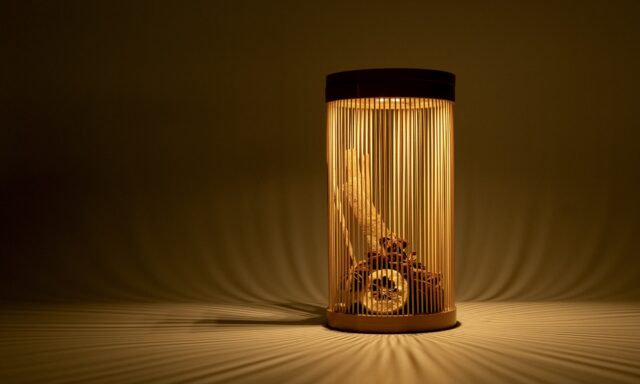Newly Launched “Yakiiro” Chopstick Rest by MIYAMA
New Products VOL.19
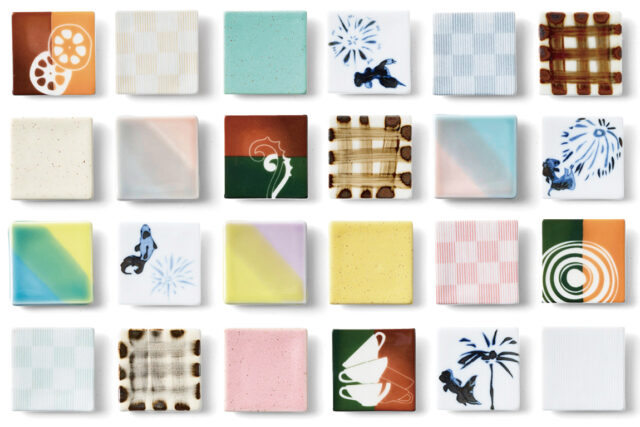

VOL.1-19
Update
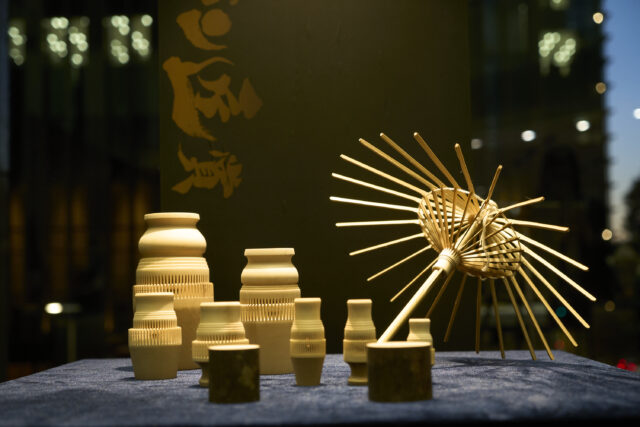
VOL.1-27
Update
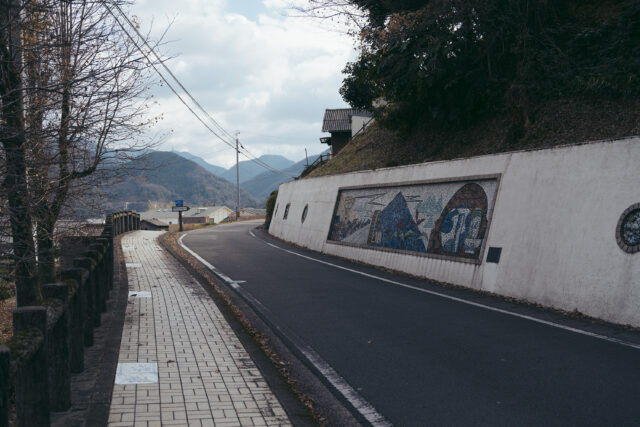
VOL.1-4
Update
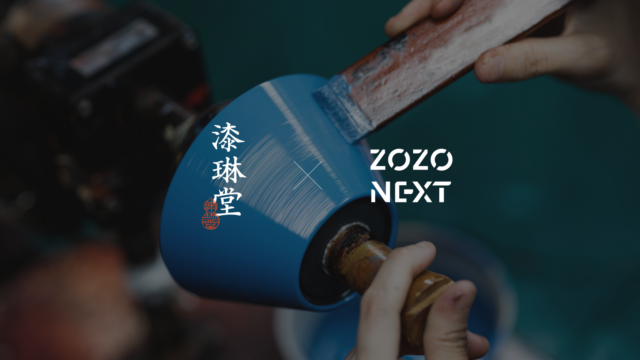
VOL.1-19
Update
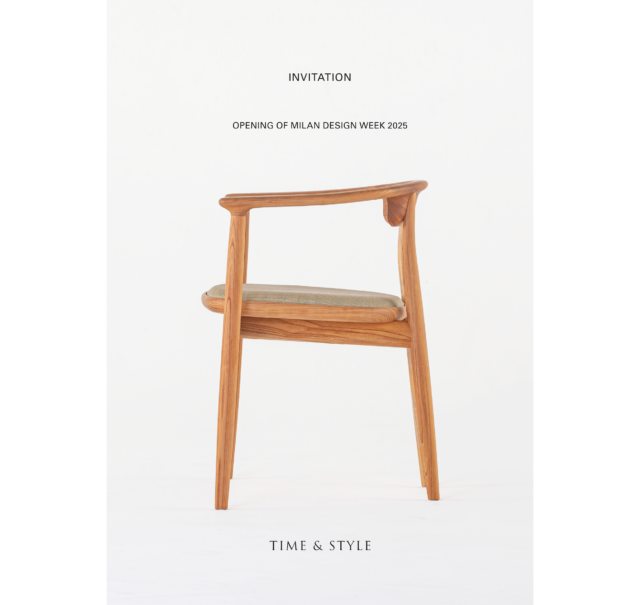
VOL.1-43
Update
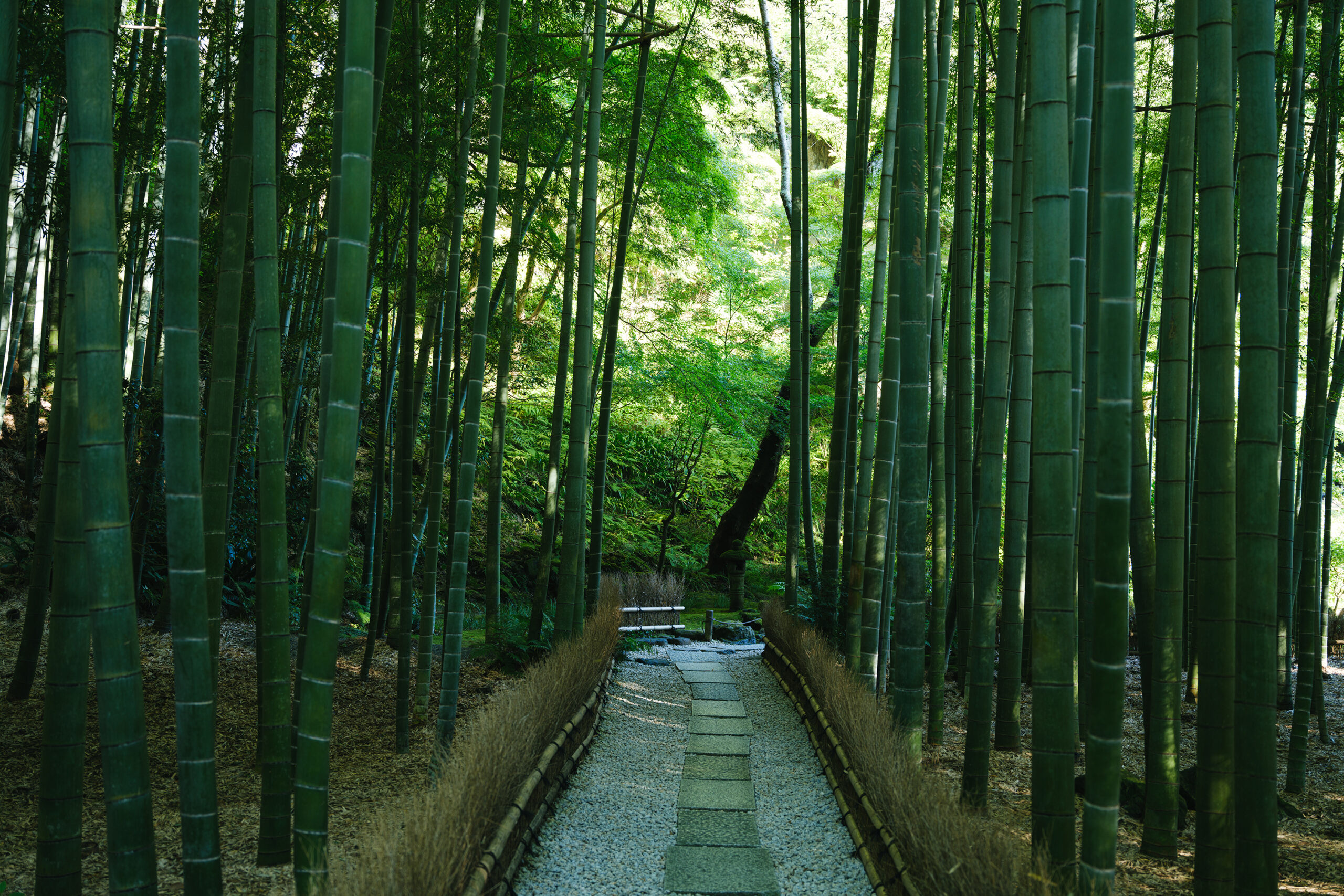
VOL.1-2
Update
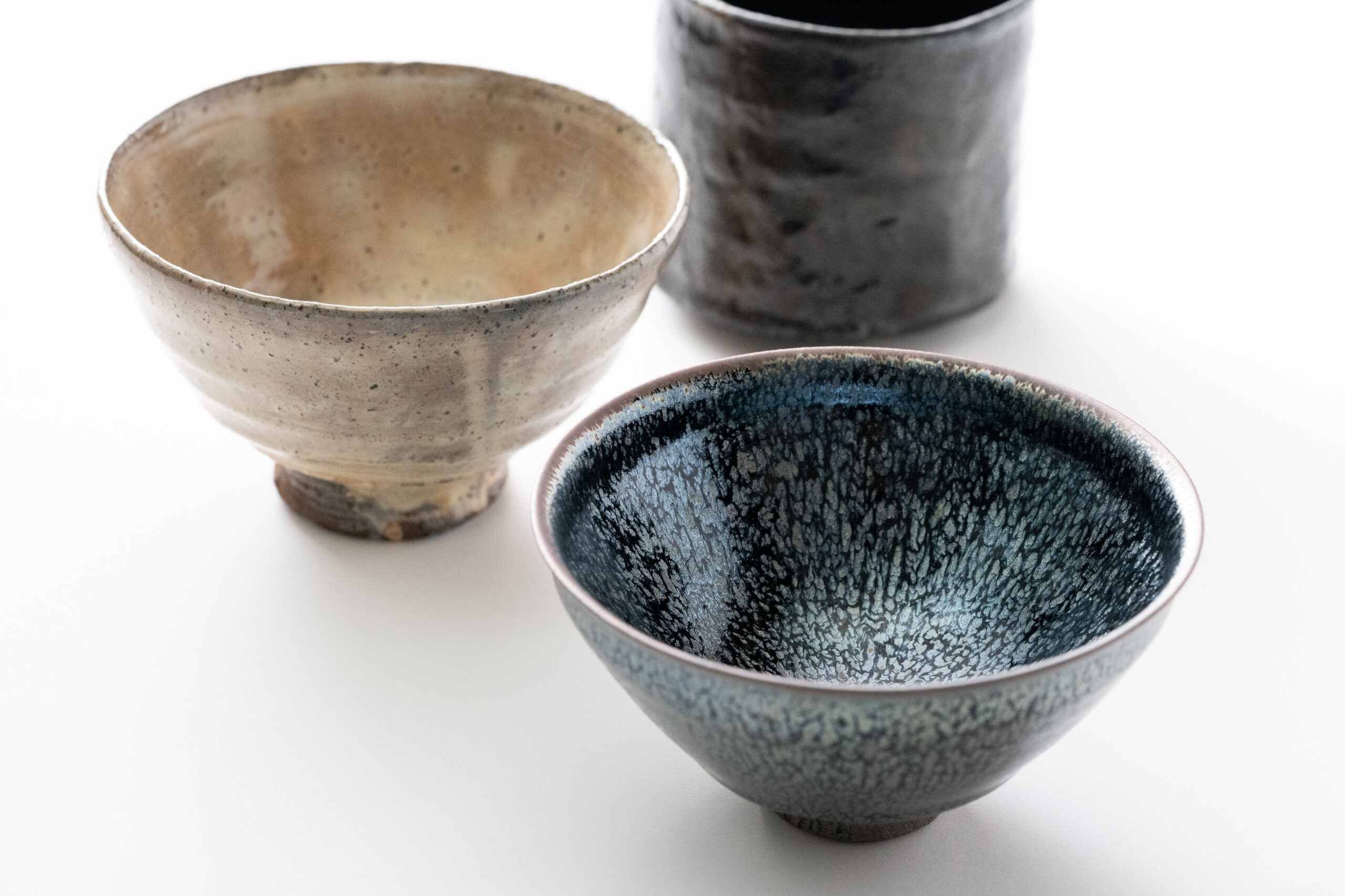
VOL.1-3
Update

VOL.1
Update
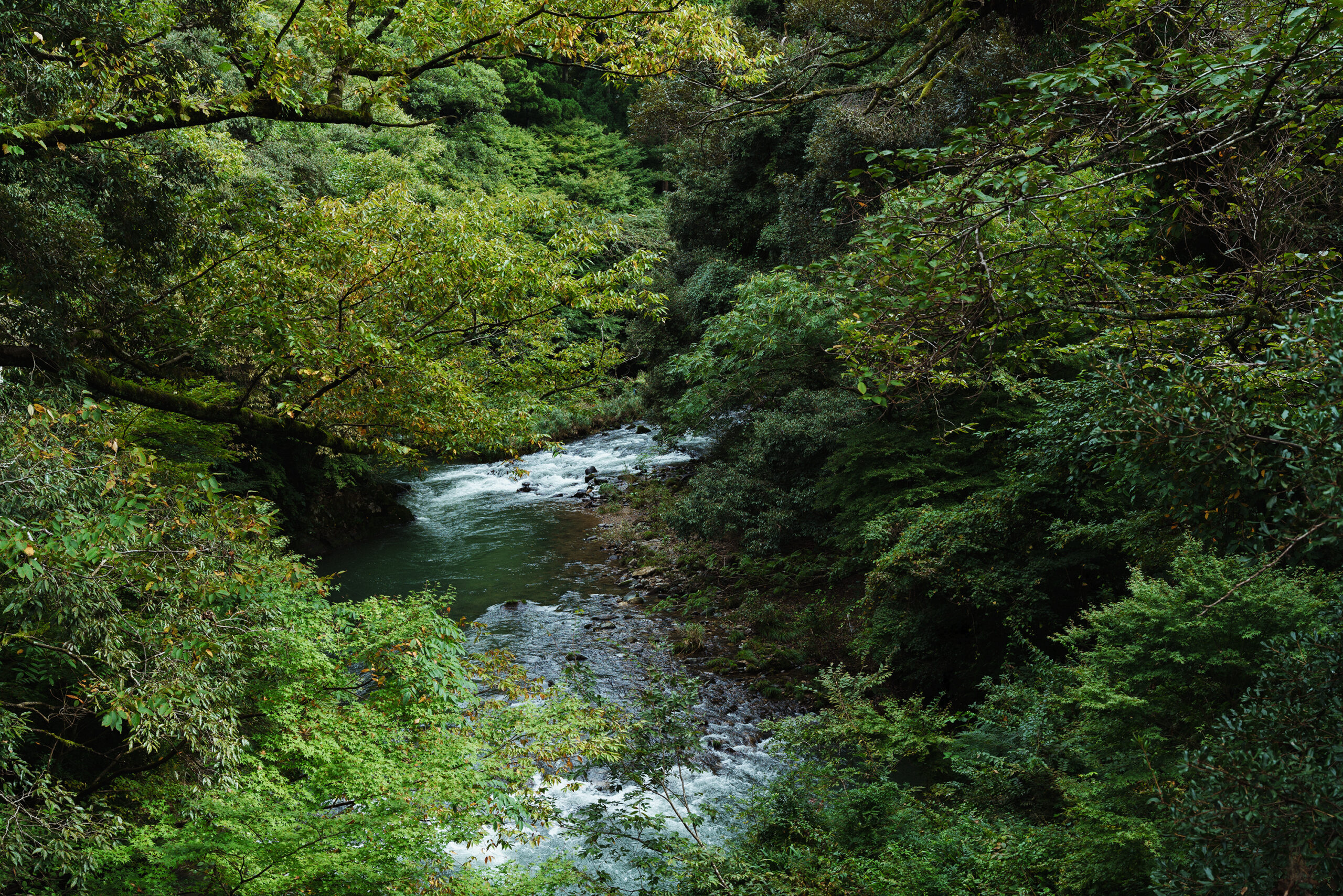
VOL.1-7
Update
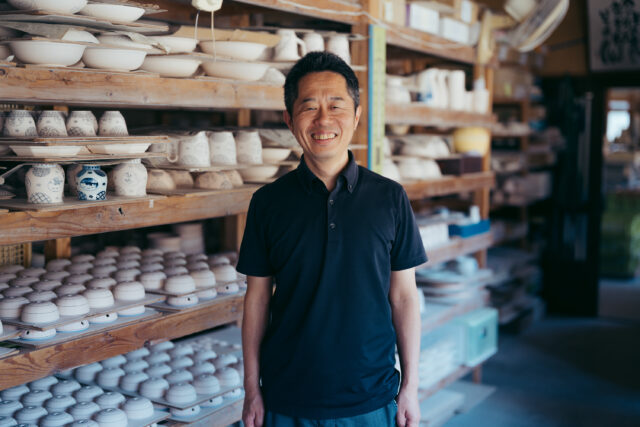
VOL.1-32
Update
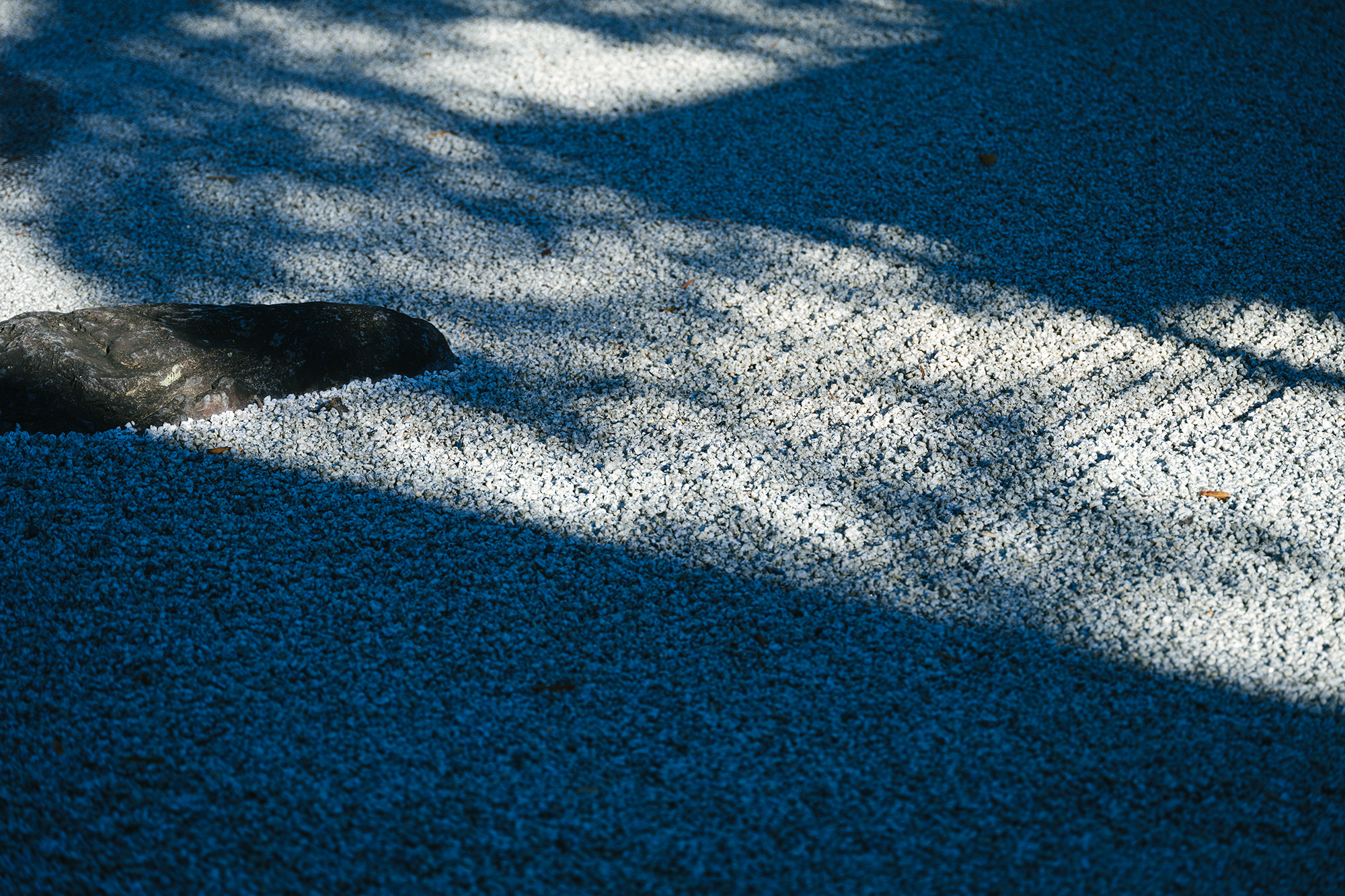
VOL.1-12
Update
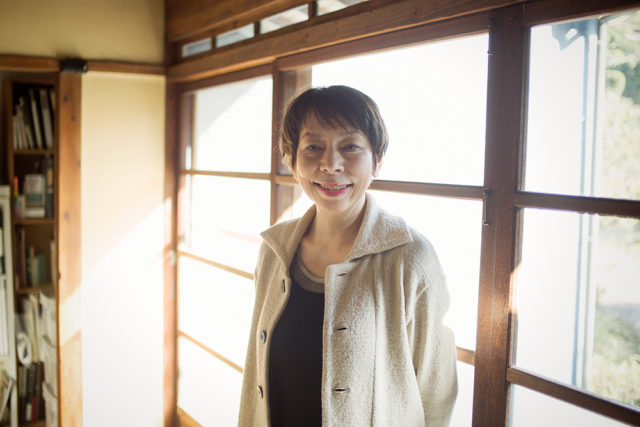
VOL.1
Update
We share a variety of information and perspectives on Japanese crafts, including exhibition information and interviews.
New Products VOL.19
Exhibition • Event Report VOL.27 AD
New Products VOL.18
Editor's Column "Craft Production Regions" VOL.4 AD
Jun 29 – Sep 7, 2025
Midorigaoka Art Museum Annex
Jul 1 – Jul 8, 2025
ART SPACE IGA
Jul 2 – Jul 8, 2025
Nihonbashi Mitsukoshi
Jul 4 – Jul 8, 2025
SHIBUYA KURODA TOEN

The custom of drinking tea, originally introduced from China, saw a flourishing during the Momoyama period (1573-1603) as part of the Japanese tea ceremony. While tea masters and samurai pursued this uniquely Japanese aesthetic, various styles of tea bowls were being produced in the Mino region of central Japan.
One particular style of Mino ware, called Tsubaki-de from the Japanese words “tsubaki” (camellia), and “de” (hand), features a variety of colors ranging from yellows, browns, and blacks to occasionally even a reddish hue like a camellia flower depending on the amount of iron in the glaze. This Tsubaki-de Tea Bowl, created by Ryotaro Kato over several days of continuous firing in the ana-gama “cave kiln,” exhibits a complex color of reddish-brown mixed with black, creating a deep and intricate color impression. The contrast between the unassuming earthy texture of the soil visible on the kodai or foot of the bowl and the glossy glaze that extends to the edge of the kodai also exudes a sophisticated character. The pleasant feel of the bowl, snuggling perfectly into one’s hand, is a feature of its solid semi-cylindrical shape, and a result of the artist’s familiarity with the tea ceremony. The work exudes an unwavering dignity, while also brimming over with the energy and passion of an artist enthusiastically engaged in the creative process.
